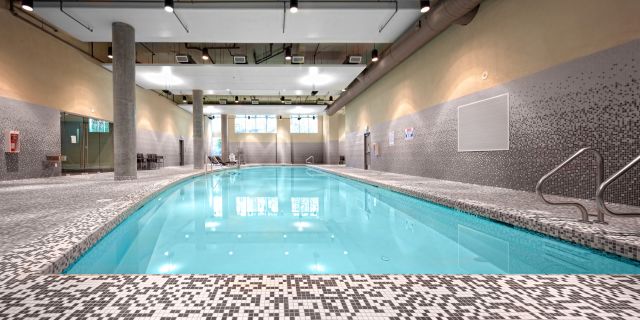We ensure every guest stay helps build kelp forests, planting one kelp with every reservation booked through the Coastal Kelp project. When guests choose to opt out of housekeeping, we plant ten kelp.
Our partnership with Veritree allows us to work closely with Coastal Kelp and the Sechelt First Nations to restore the kelp forest along their territory, Hotham Sound and Powell River. New and innovative techniques are used to seed bull kelp and sugar kelp. This project will ultimately produce millions of Kelp Sporophytes planted on a mix of line and green gravel in the Indigenous waters of our province.
Why Kelp Forests?
Kelp holds great cultural and ecological significance for Indigenous communities in the Pacific Northwest. Kelp has been used for centuries as a food source, medicine, and material for crafts and ceremonies. These forests also provide important habitat for a wide variety of marine life, which has sustained Indigenous fishing practices for generations. Today, many Indigenous communities are working to restore and protect kelp beds as part of their cultural heritage and efforts to promote ocean health.
Kelp forests are underwater habitats made up of many different species of kelp that form canopies over the seafloor. They thrive in cool, nutrient-rich waters along rocky coastlines in the Pacific, Atlantic, and Arctic Oceans, supporting biodiversity and housing thousands of marine species, providing food and shelter, much like forests on land. Globally, over 40 percent of kelp forests have declined over the past five decades as a result of climate change, overexploitation, and pollution.









